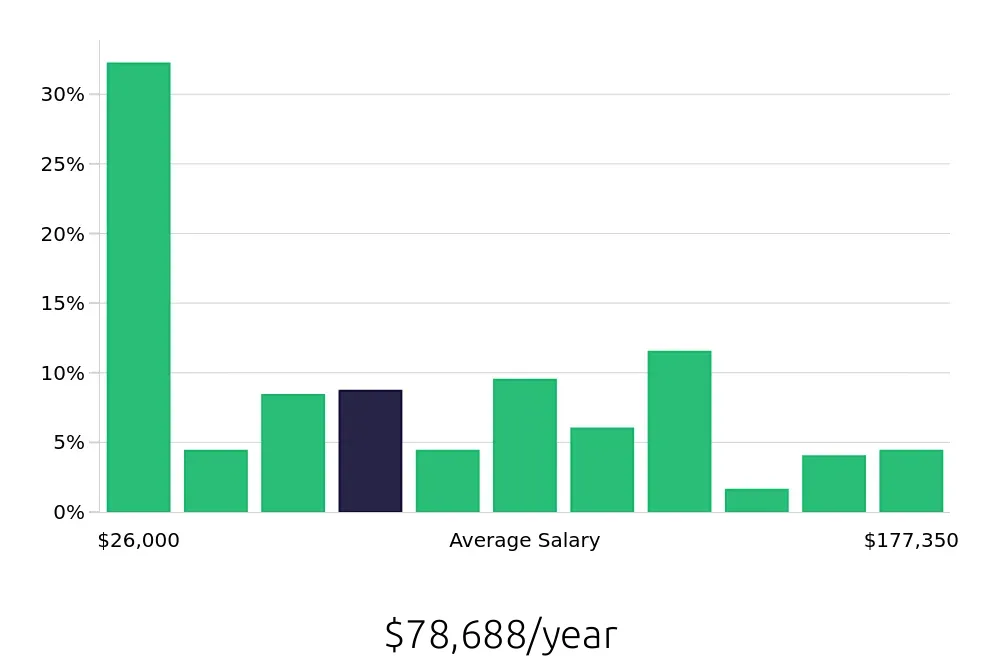Position
Overview
A Game Designer creates the concept, rules, and structure of video games. They think about how players will interact with the game. They design the game world, characters, and challenges. They work closely with artists and programmers to make sure everything fits together. A Game Designer uses creativity and problem-solving skills to make the game fun and engaging.
The Game Designer also tests the game to find and fix any problems. They may update the game based on player feedback. They need to understand different types of games, from action to strategy. Good communication skills are important because they work with many team members. A Game Designer enjoys making games that people will love to play.
Becoming a game designer involves a blend of creativity, technical skills, and strategic planning. This profession offers a chance to create engaging worlds and stories through games. To start, one needs to focus on both the artistic and technical sides of game creation. Following a clear path can help anyone turn their passion for gaming into a successful career.
Here are five essential steps to become a game designer:
The journey to becoming a game designer often includes formal education and practical experience. Most designers hold a bachelor's degree in game design, computer science, or a similar field. This degree usually takes about four years to complete. During this time, students learn about game mechanics, storytelling, and art.
After finishing a degree, many designers gain experience through internships or entry-level positions in the gaming industry. This hands-on work can take a year or more. Building a portfolio that shows creativity and technical skills helps in landing a job. Some designers also improve their skills by working on personal projects or contributing to open-source games. Continuous learning and adapting to new technology are key for success in this field.
We are seeking a creative and innovative Game Designer to join our team. The ideal candidate will be responsible for designing engaging and fun gameplay mechanics, creating game concepts, and collaborating with the development team to bring these concepts to life.
Responsibilities:
Qualifications
Game design involves creating the overall feel of a game. This covers the storyline, characters, challenges, and goals. Designers work with artists, programmers, and sound engineers to bring a game to life. They start by developing a concept and writing a game design document. This document serves as a blueprint for the game.
This career offers both rewarding and challenging aspects. Working with creative teams can be exciting. Designers often see their ideas come to life. However, the job can be stressful. Deadlines can be tight, and the work can be repetitive. Job satisfaction often comes from seeing players enjoy the game.
The following list highlights some pros and cons of a game designer's career:
The job outlook for Game Designers looks strong for professional job seekers. The Bureau of Labor Statistics (BLS) reports that there are, on average, 179,500 job positions per year. This indicates a high demand in the gaming industry. The expected job openings percent change from 2022 to 2032 is 21.7%. This growth suggests a promising future for those in this field.
Game Designers can look forward to competitive compensation. The BLS reports an average national annual salary of $130,500. This means Game Designers can earn a good living. The average hourly compensation is $62.74. These numbers reflect the value of skilled Game Designers in today's job market. With talent and experience, professionals can expect to see rewarding pay.
The gaming industry continues to expand, creating new opportunities for Game Designers. The BLS data shows a bright future. Job seekers interested in this field can expect to find many openings and competitive pay. As technology advances, the demand for skilled Game Designers will only increase.
